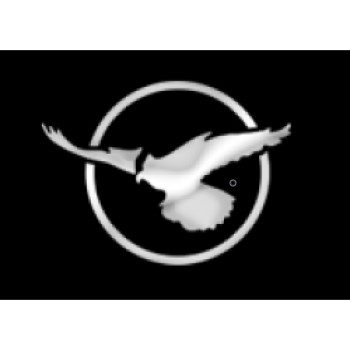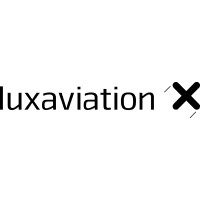EASA has updated the Guidelines for Transport of Cargo in Passenger Compartment – Exemption under Article 71(1) of the Basic Regulation. These guidelines are established from EASA to support the National Aviation Authorities within the EU to evaluate and grant exemptions for the transport of cargo in Pax compartment under article 71(1). This document is not published on our website and was up to now only distributed to NAAs and operators within the EU and EFTA states. Since it contains also useful information for DOAs and applicants, we decided to share it with the DOA community.
- Clarification that no design approval is required when exemptions in accordance with article 71(1) is sought. However, technical data and/or technical support from a DOA might support the exemption application by an operator.
- Correction of the COVID-19 reclassification provision when a design approval instead of an exemption is sought (refer also to my email a week ago). It has been clarified that the re-classifications have to be granted by EASA and not by the DOA (email request to the certification colleagues is sufficient, no STC application required).
- In addition, section 5.2.1 contains a statement that such re-classified Minor Changes are restricted to airplanes registered in an EU Member State or EFTA state. The background of this statement is that this re-classification provision is a special measure by EASA to react quickly within this COVID-19 crisis and is not supported by all National Aviation Authorities outside the EU, especially by the states with which bilateral agreements exist. These kind of re-classified Minor Changes are not covered within the bilaterals and the associated TIPs and therefore not accepted by these NAA. If such modifications are intended to be installed in aircraft registered in those states, such changes cannot be re-classified and have to be performed as Major Changes and then validated in those states as per validation procedure of the respective TIP. However, an additional sentence was introduced that this restriction should not prevent NAAs in states with which no bilateral agreements exists to assess acceptability of such re-classified minor change approvals in their own decision process But this has to be coordinated directly with the respective National Aviation Authority, even if the NAA automatically accepts EASA minor changes. It should not be forgotten that the re-classification provision is exceptional and is not granted outside this crisis situation.
To keep the long story short, such re-classified changes can be installed in aircraft registered outside the EU and outside states with which bilaterals exist (US, Canada, Brazil, China) but require additional coordination with the NAA regarding the acceptance of such re-classified changes. This addresses questions and concerns that were raised by many DOAs and operators the last weeks. - Clarification on suitable considerations/mitigations in particular when only medical supplies are transported




